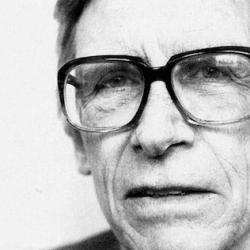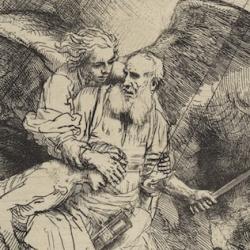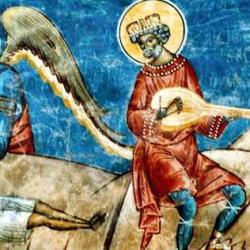Summarizing the prophetic critique of sacrifice, John Dunnill (Sacrifice and the Body, 38) rebuts Roland de Vaux’s claim that “God demands first and foremost an interior religion” and that the prophets aimed their attacks as “outward religion” as such.
Dunnill argues, on the contrary, that “the critique expresses the view that a religion which has an outward form is exactly what God demands – a religion whose form extends beyond the bounds of the rite, a religion which is in solidarity with social life and tied not to ritual observance but to action. Israel, gathered by clans and families to celebrate the divine gift of harvest, embodies an exchange which is simultaneously physical, social and spiritual, and at the same time embodies human well-being in the form of sociality united in solidarity with mortal bodies and with God. . . . Celebration in the divine presence is a model of human society, a model which is denied whenever some worshippers use skill, wealth or power given by God to appropriate more of the harvest than they need at the expense of others’ suffering, or by dishonest means, so that the sacrifice they offer is not truly theirs.” God demands “right dispositions,” but not only internal intentions; rather, “selves attuned to live justly and peaceably with their neighbors.”
What the prophets reject, in short, is the restriction of the outward form of sacrifice to the ritual, the “privatization” of sacrifice so that it happens in the temple only. Given that sacrificial ritual embodies human sociality, vicious social practices contradict the sacrifice, undermine its efficacy, because the rite is a lie intended to cover the actual life of the worshiper. An “unjust sacrificer” contradicts his sacrifice by his life.















